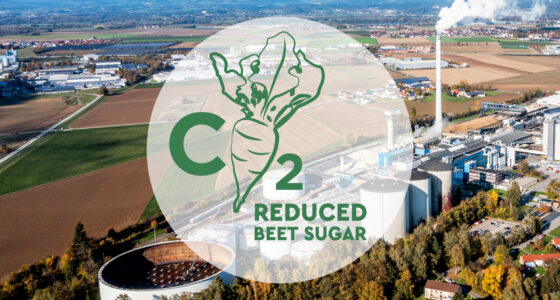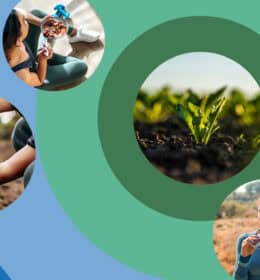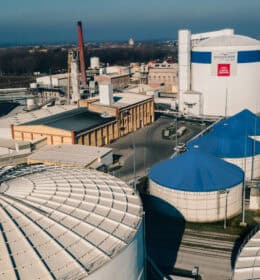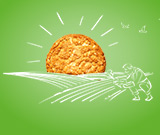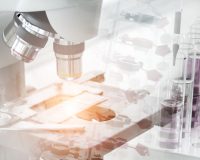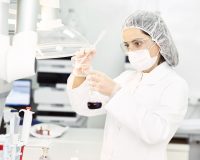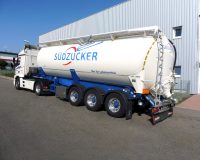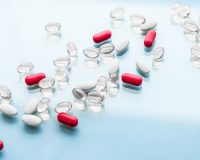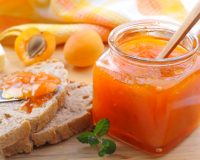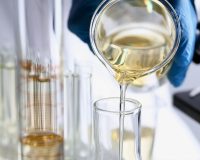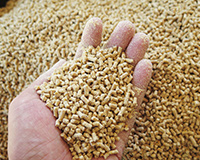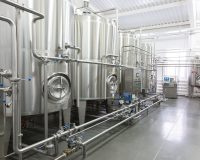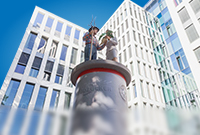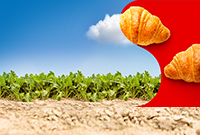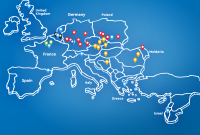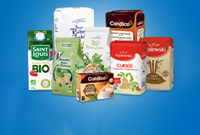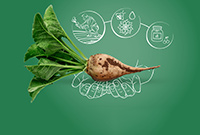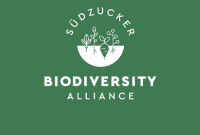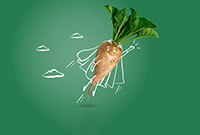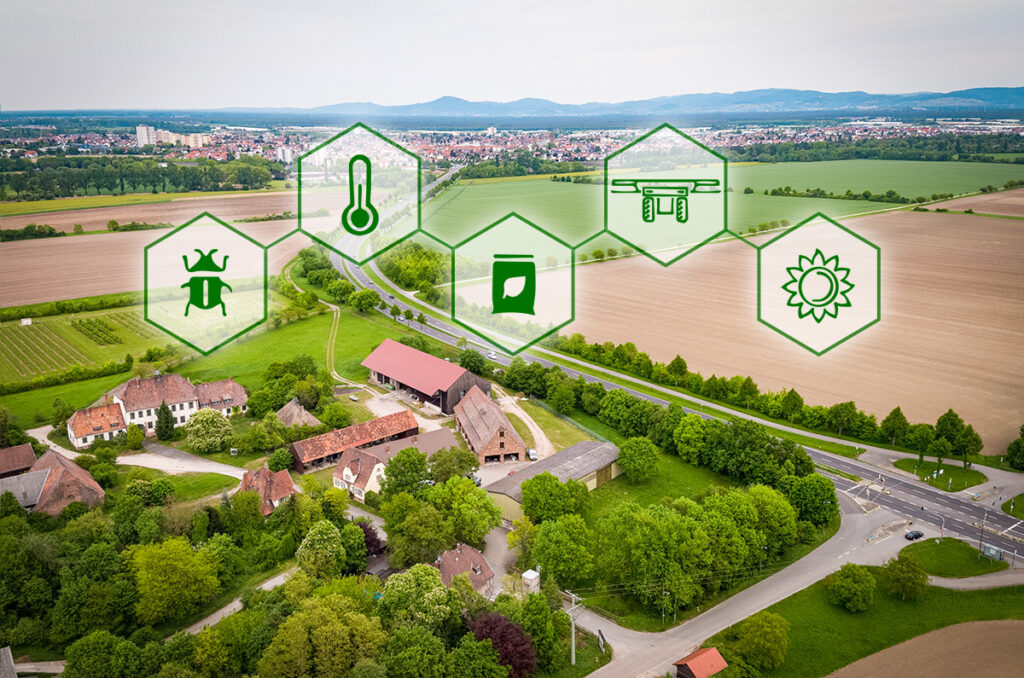
Agricultural Research @ Südzucker:
For Sustainable and Innovative Sugar Beet Cultivation
Making an Impact Through Innovation and Agricultural Research
Today, farming is affected by many external factors, ranging from environmental influences such as climate change, newly occurring pests and diseases or governmental regulations. Therefore, sustainability, agricultural research and innovation go hand in hand for us at Südzucker. Only by continuously checking existing practices can we improve and grow towards a more sustainable future, safe supply and crop quality to build the essential basis for the products and solutions we provide to our customers.
Close, long-term collaboration with our farmers throughout the Südzucker Group is key to a mutually beneficial partnership, improving practices at the farm level and fostering sustainability. Looking back over 25 years of agricultural research and how it has developed over time, we understand it is more important now than ever.
Focus Field: Agricultural Research
Since the Südzucker Group’s products are derived from agricultural raw materials, such as sugar beet, wheat, chicory, corn, potatoes, rice and fruit, we are dedicated to providing our farmers leading support and expertise.

We aim to actively solve the challenges of our farmers and improve on-field work through innovation. This is why Südzucker established an agricultural research department 25 years ago that regularly collaborates with universities, R&D institutes and our farmers to ensure a high sugar beet yield and improved crop quality for the future. Extensive field trials on new sugar beet varieties, plant protection, cultivation methods, mechanical weeding technologies and much more are conducted in all regions of the Südzucker Group.
Managing these challenges requires constant innovative and sustainable research approaches with a focus on realizable solutions for our farmers. This also means not only reacting to the issues our farmers face today but also looking ahead and preparing for future challenges.
The insight gained here helps us advise our farmers on how to implement more ecologically sustainable cultivation measures, thus securing or increasing their harvests and raw material quality.
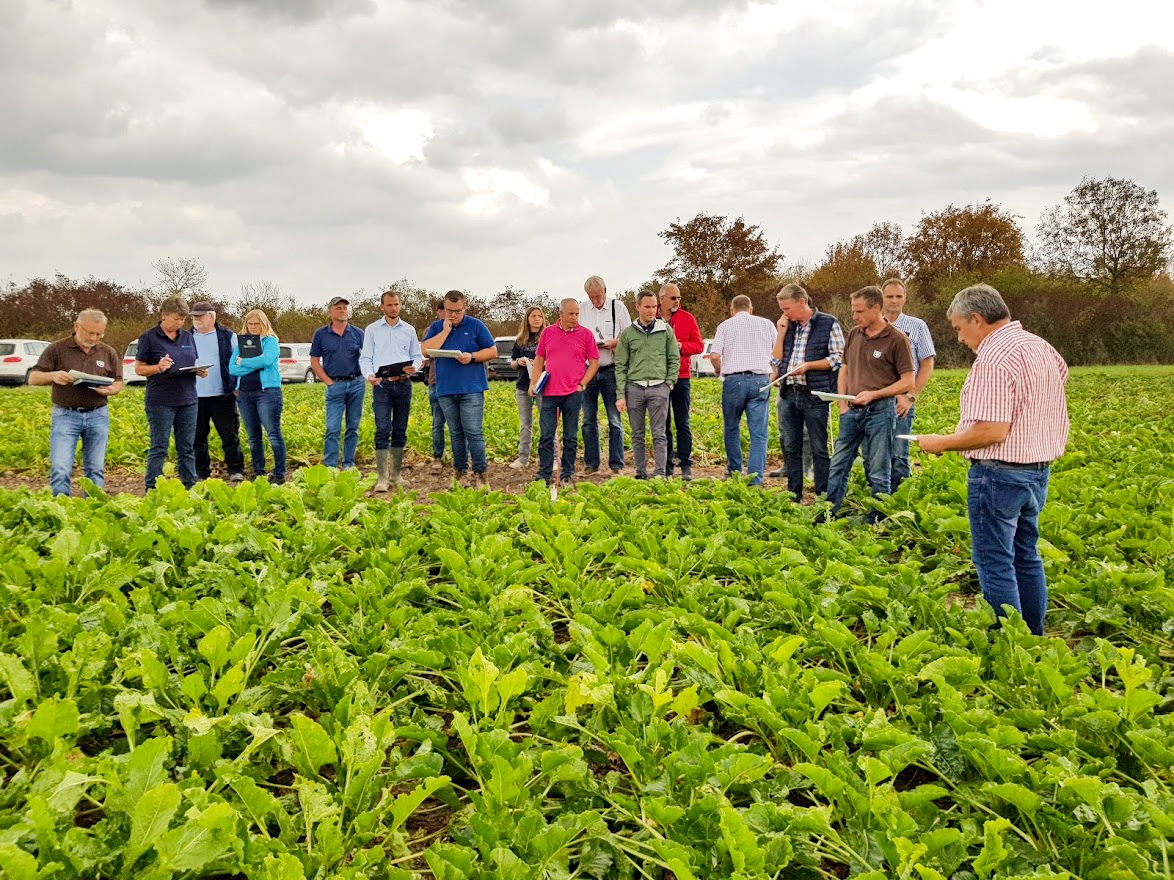
Südzucker’s agricultural research focuses on the following fields:
The fundamental principle of integrated crop protection is product application only when and where necessary and only as much as necessary. Modern techniques in particular are revealing new possibilities and approaches which are tested for effectiveness and suitability.
Weed control is necessary to protect the growth of plants, to avoid crop losses and finally for a smooth harvest. We test different active ingredients in various mixtures and are increasingly focusing on alternatives for chemical weed control. Promising approaches with special machines and robots that work through mechanical hoeing or with minimized application (for example spot spraying) thus significantly reducing the required amount of chemical treatments.
Certain pests will be particularly problematic in agriculture in the future as their spread is encouraged by the change to warmer weather conditions.
We have used a monitoring system for leaf disease control for 25 years. Every year around 200 fields at various locations in Germany are examined weekly for the occurrence of leaf diseases. A damage threshold principle is applied. If the threshold values are reached, the affected farmers in the corresponding regions are informed via a warning service. This is crucial because we already have resistances to specific active ingredients and/or fungicides which can be used due to regional emergency registration. The right application time and product will prevent farmers from incurring financial damages.
Another focus of our research is the bacterial disease SBR (Syndrome des basses richesses/ Low Sugar Content Syndrome), which is transmitted by plant hoppers and threatens the cultivation of sugar beet in the affected regions. We are investigating a wide range of different approaches. Initial positive approaches in controlling the disease could be seen by different crop rotations and a new SBR-tolerant sugar beet variety.
Recently developed sugar beet varieties are another approach to solving the challenges of new diseases, pests, increasing resistance to pathogens/active ingredients and extreme weather conditions. The varieties are tested in regional fields in order to recommend to growers the most suitable varieties for their regions. With new more resistant varieties it should be possible to reduce the use of crop protection substances to a certain extent without serious reduction in yield and sugar content.
Would you like to learn more about our agricultural research fields, achievements or some of the trials we are working on? Contact us today!
Bodengesundheitsdienst – Our Soil Health Service
Fertilization is a basic requirement for soil fertility and supply of nutrients to plants in order to obtain high yields with good quality, making it important to apply the right amount. This makes it essential to adjust dosages to meet plant requirements. This is why our subsidiary ‘Bodengesundheitsdienst GmbH’, based in Ochsenfurt, Germany, checks soil health and determines optimal fertilization. Together with the Justus Liebig Laboratory in Rain am Lech, it analyzes soil samples taken from farmers for nutrients using the EUF method (electro-ultrafiltration method).
Based on this, farmers receive an overview of the nutrient supply of all important nutrients essential for plants from their sample along with a fertilizer recommendation, so that they can plan fertilization in line with the crop needs. With this way of fertilization precisely adapted to the location and the crop, farmers can ensure that soil nutrients are used optimally and nutrient input is reduced at the same time.

In this context, we also meet the strict requirements of the new Fertilizer Regulation in Germany and the EU Nitrate Directive.
‘BISZ’ – Our Advice Portal for Sugar Beet Cultivation in Southern Germany
The results of current research and information on sugar beet cultivation are published on Südzucker’s ‘BISZ’ advisory platform. It provides extensive information about the most important topics and serves as a support and decision-making tool for our beet farmers with tools like a cultivation planner, crop rotation calculator or apps for mobile detection and differentiation of weeds and diseases.
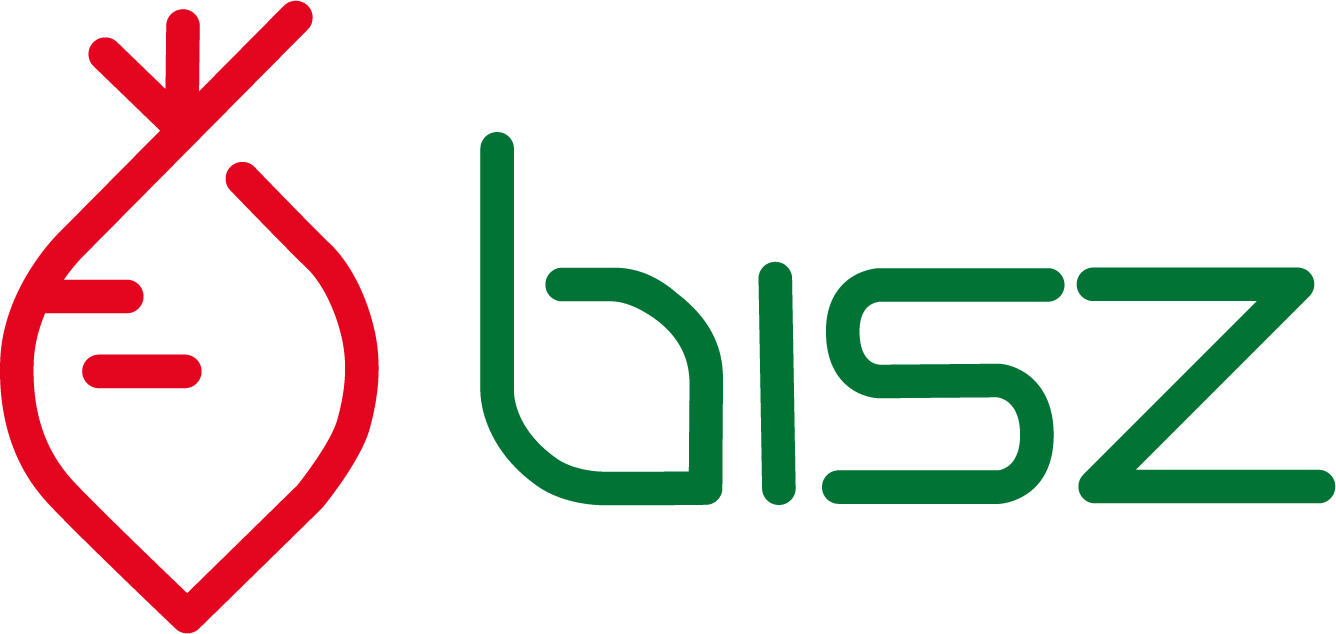
Our beet2go app was developed especially for mobile devices and will be completed step by step with the most important information for our farmers. For example, as soon as harvesting starts and the delivery of beets begins, farmers are informed via push notification. Additionally, analytical results from the beet laboratory and the deliveries of the individual trucks can be tracked via smartphone or tablet.
Kirschgartshausen – Our Research Farm
Südzucker operates several research farms in various European countries to implement our outdoor research. Besides the French ‘Mont Blanc’ research farm, we operate state-of-the-art research facilities in Kirschgartshausen near Mannheim. Kirschgartshausen is Südzucker´s core agricultural research site and the only agricultural research facility of its kind, scope and activity in Germany.
Kirschgartshausen at a Glance
Back in 1862, Südzucker began cultivating the Kirschgartshausen state domain in the north of Mannheim, which has been leased since then from the state of Baden-Württemberg. In 2018 we have took a pioneering initiative to turn the regular sugar beet farm into an experimental farm to be able to conduct research on innovations for more sustainable crop cultivation. No other regular sugar beet farm of this size and extent conducts research like this in Germany.
On an area of around 300 hectares, we have the unique opportunity to test new applications in a multitude of topics and to evaluate them under real-world conditions in small plots with a focus on large scale trials integrated in agriculture practice.
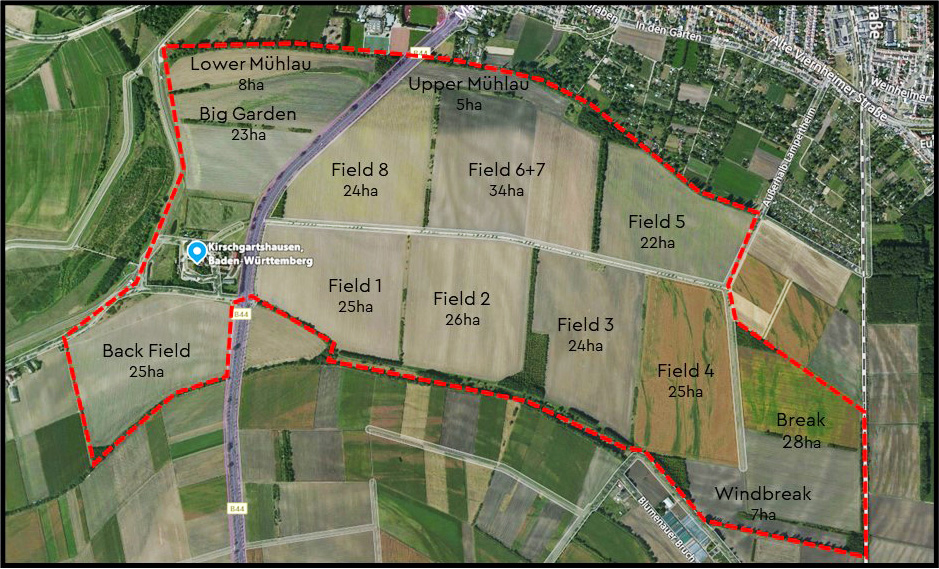
A multitude of experimental research topics are being addressed, especially related to plant protection, biodiversity, crop rotation, digitalization in agriculture and crop cultivation.
The integration of flower strips into our fields within crop rotation covers an area of 2,500 m². Small-scale trials are conducted here to demonstrate specific effects on agriculture and the environment. Even though activities are not limited to agricultural crops, different plant protection methods and pinpointed fertilization in both conventional and organic sugar beet farming are being professionally researched on a larger scale.
Current Fields of Activity
The latest technologies can advance the digitization of agriculture with many benefits. Optimized machines, robots and monitoring systems have great potential for more sustainable management of sugar beet fields. When it comes to weed control, fertilization or leaf diseases and pests, control measures can be saved and more environmentally friendly alternatives can be applied. At Kirschgartshausen, we are therefore testing new, intelligent systems and apps for their practical suitability for our farmers.
Our crop protection research focuses primarily on alternatives for weed control. Different methods are combined and tested. In addition to conventional chemical spraying, mechanical hoeing, autonomous hoeing robots and combinations of these are used. One example is the Farmdroid FD20 autonomous field robot from Denmark. This unique new development is particularly environmentally friendly and effective, as it is powered by solar cells and can use GPS data to carry out precise sowing. By storing the exact position of the beets, it is then able to mechanically hoe around the individual beet plants during weed control.
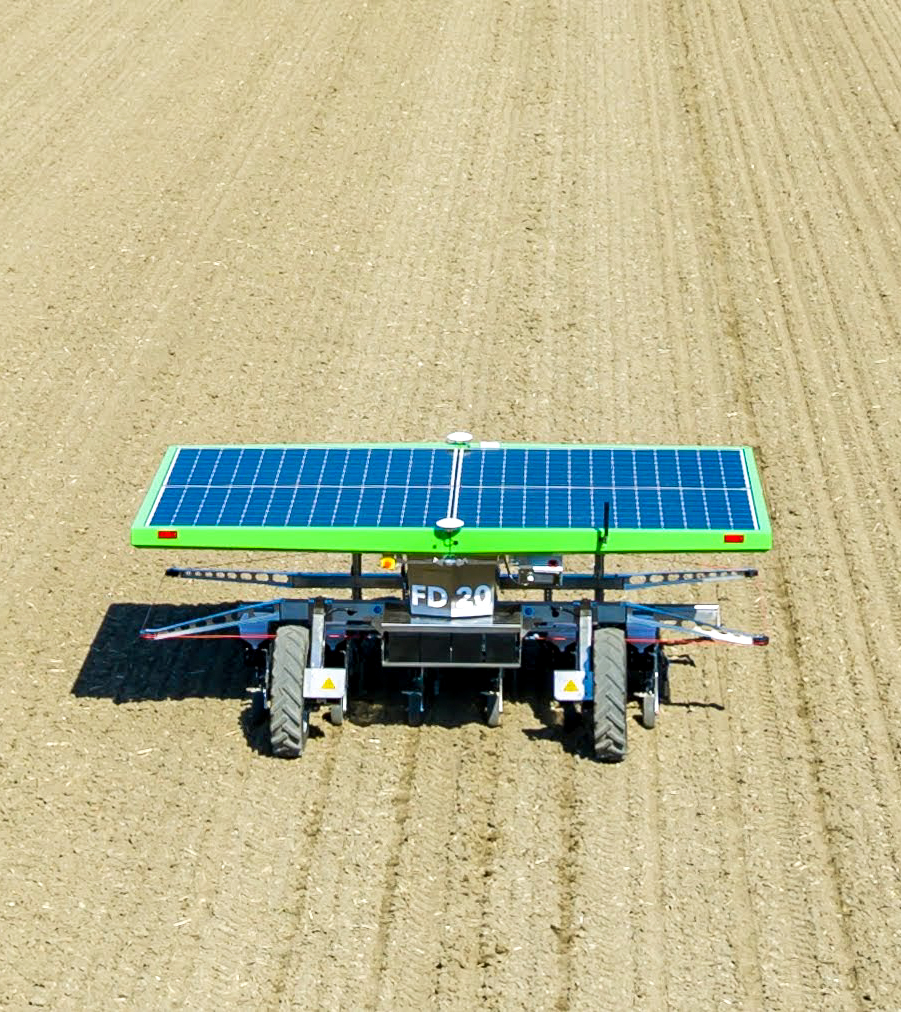
In addition, to reach weeds right next to the crop, we put great effort into an innovative spot spraying modification that can protect the growth of the sugar beets with a minimal amount of herbicides.
In addition, we use satellite data or drones that provide a lifelike image of the fields and detect disease or pest infections. Through algorithms, forecasting models can predict the development of the plant using the current weather data and supply our farmers with predictions on pests, diseases and the optimal time for treatment. This helps saving large quantities of pesticides in places with little infestation.
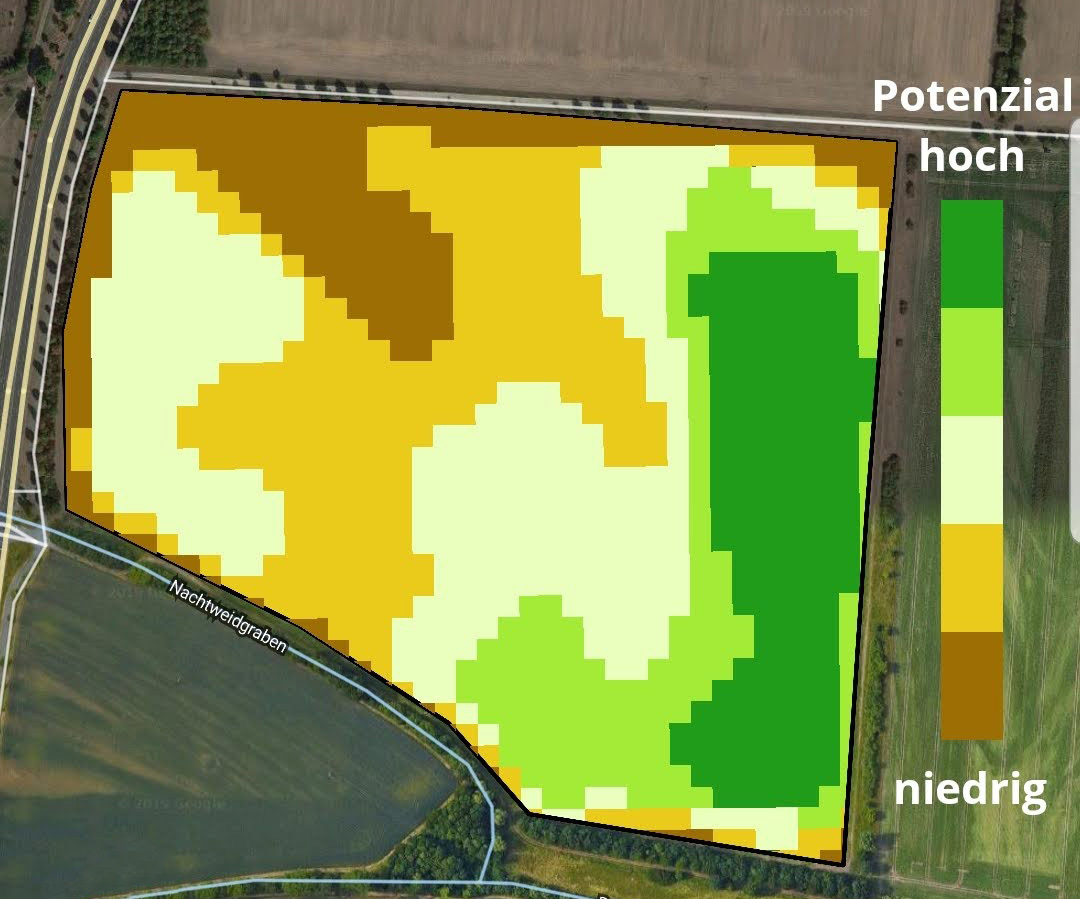
We are also investigating new technologies in Kirschgartshausen for better, more efficient, more mindful fertilization. Special measuring devices can take several samples from the field and measure the nutrient content at these points. A corresponding application map is then drawn up, according to which fertilizer can be applied on a site-specific basis. This reduces fertilizer usage considerably.
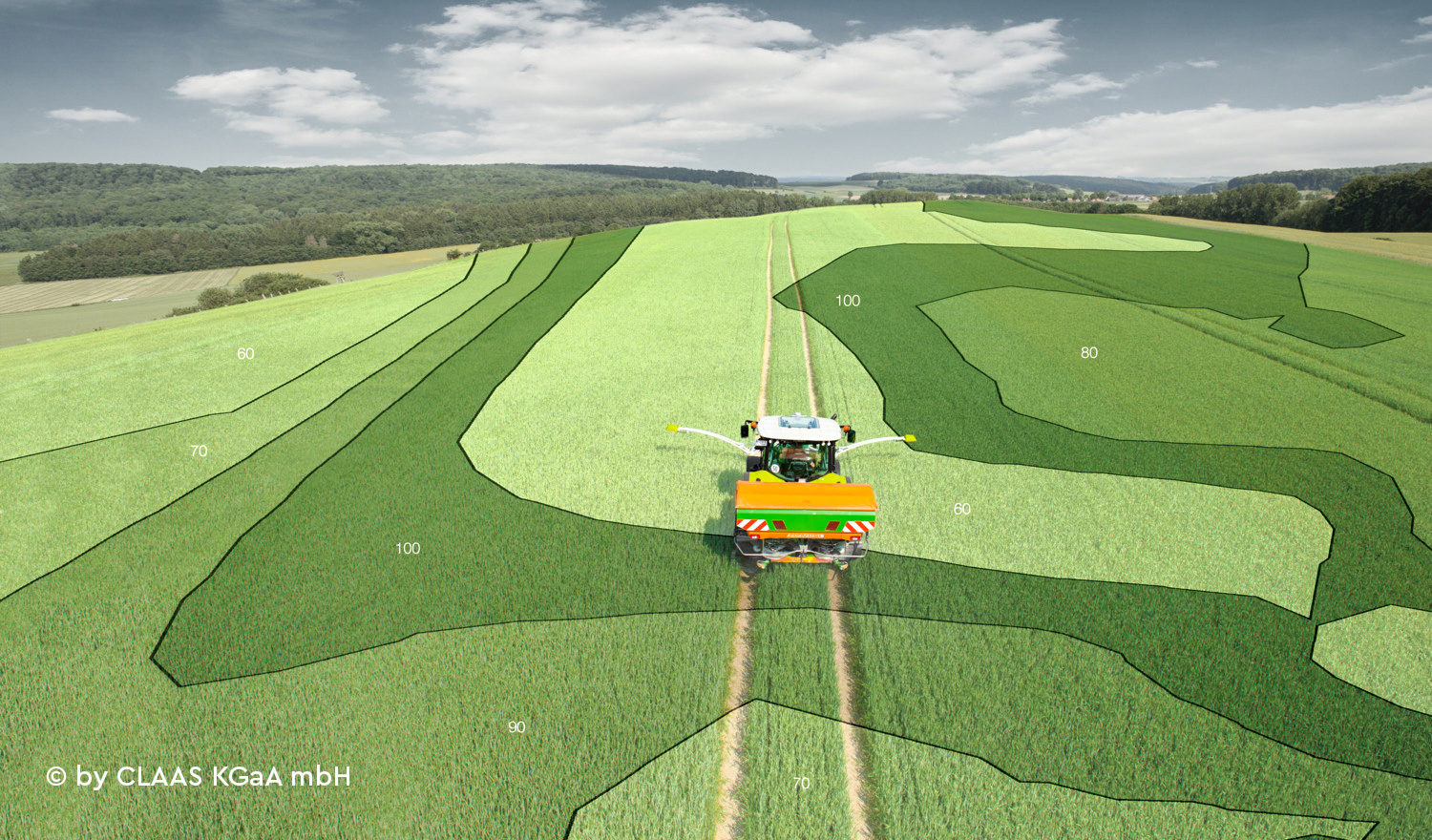
Within our external ecosystem of partners, we are also working with different start-ups that are dedicated to improving crop cultivation on smaller and larger fields to:
- improve crop health, prevent and cure crop diseases
- simplify and optimize processes for farmers
- develop new solutions for more sustainable farming
The objective here is to pick up on innovation potential at an early stage, test it, check its practical applicability and finally implement it on a larger scale.
Are you a start-up with innovative solutions for a more sustainable and future-oriented agriculture? Please get in touch with us to evaluate where we can find ways to work together to support our farmers and improve crop quality.
A diverse and wide-ranging crop rotation of grain and leaf crops, summer and winter crops, and catch crops, adapted to the farm, is already a long-standing practice for sustainable farming. This protects against erosion by covering and loosening the soil, increasing biological activity and humus content through root residues. In addition, the plants absorb the nutrients present in the soil and protect against leaching. The spread of weeds, pests and plant diseases can thus be inhibited and the soil benefits from nutrient balance.
This is why we see crop rotation as an important field of research. Different crops are grown in constant rotation in our fields and are studied for their suitability and promotion of biodiversity.
A central and unique aspect of our research for more sustainability in sugar beet cultivation is the promotion of biodiversity and biotope networking in our farmers’ fields.
Therefore, in addition to different crop rotations, we also research integrated flower strips in Kirschgartshausen so that we can find answers to the following questions:
- Which flowering mixture provides the best food and habitat for insects, birds and other creatures on various soils?
- What is the effect on pollinators, beneficial insects and pests?
- How can these practices be optimized to support a more sustainable future and higher biodiversity in sugar beet cultivation?
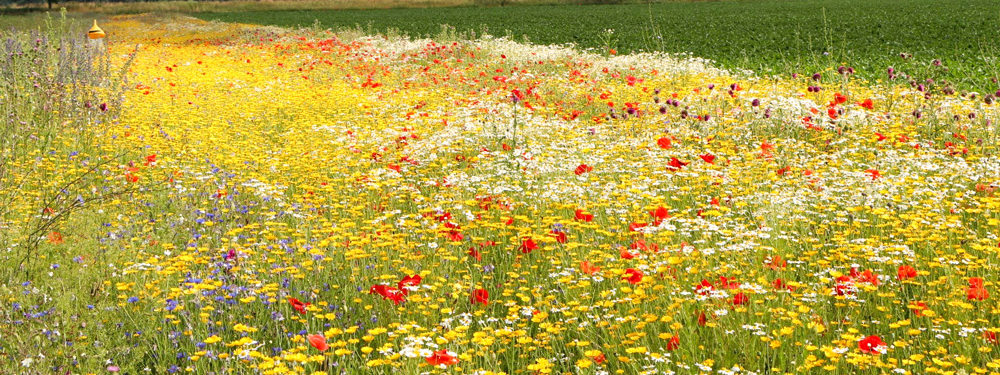
In order to further analyze the ecological monitoring over several years on a scientific basis, we have started a cooperation with the German Institute for Agroecology and Biodiversity (ifab) in 2018. In this scientific research we planted (single year and multi-year) flower strips in a controlled environment in Kirschgartshausen and measured their effect on biodiversity on the fields. The increase in amount and biomass of useful insects as well as the migration of birds and other animals into these new habitats has been assessed thoroughly and related initiatives have been launched.
Initial results of this representative, science-based study show very positive effects, not only on insects but also on birds and other animals. Our research connected to sugar beet cultivation is the only type of its kind in Germany and unique in its scope and duration (over a period of three years). Detailed study results can be provided on request.
In addition to the above-mentioned research, we have already been able to implement the positive findings on the right flowering mixture and application of the flower strips. Through 2021, about 1,600 flower strips with an area of 1,900,000 m² (the size of 266 soccer fields) have already been planted in Germany together with our farmers. Since 2020 we have also started creating flower strips in cooperation with our farmers in France. Further activities in Belgium and Poland are progressing fast. Our goal for 2022 is to increase this number to a total of 2,000 flower strips, which corresponds to about 336 soccer fields.
In addition, further studies to examine the effect of flower strips on biodiversity are already planned and the cooperative partnership with ifab is being significantly expanded.
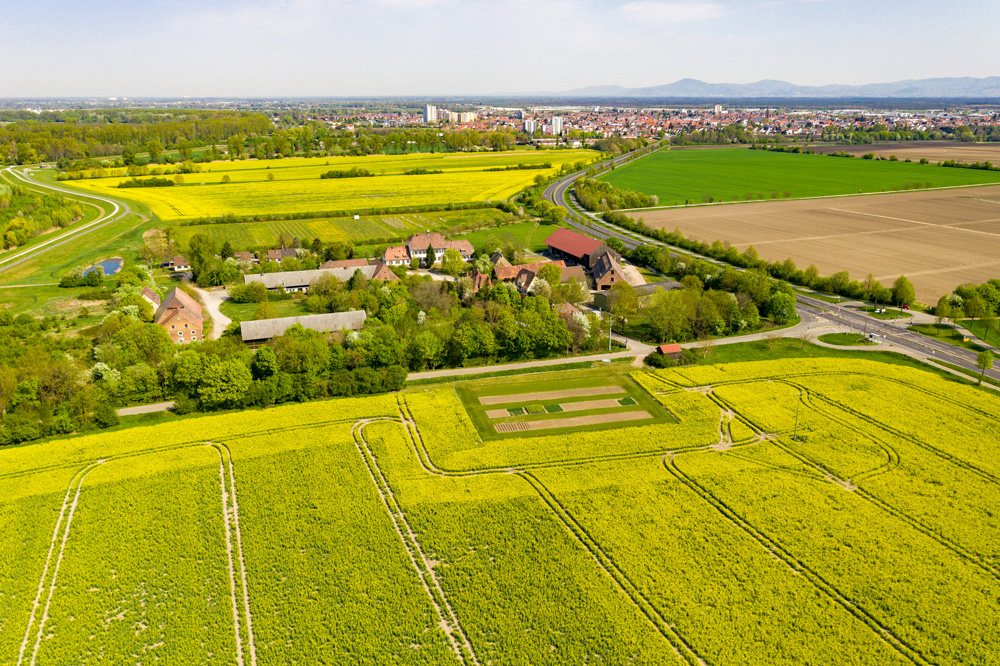
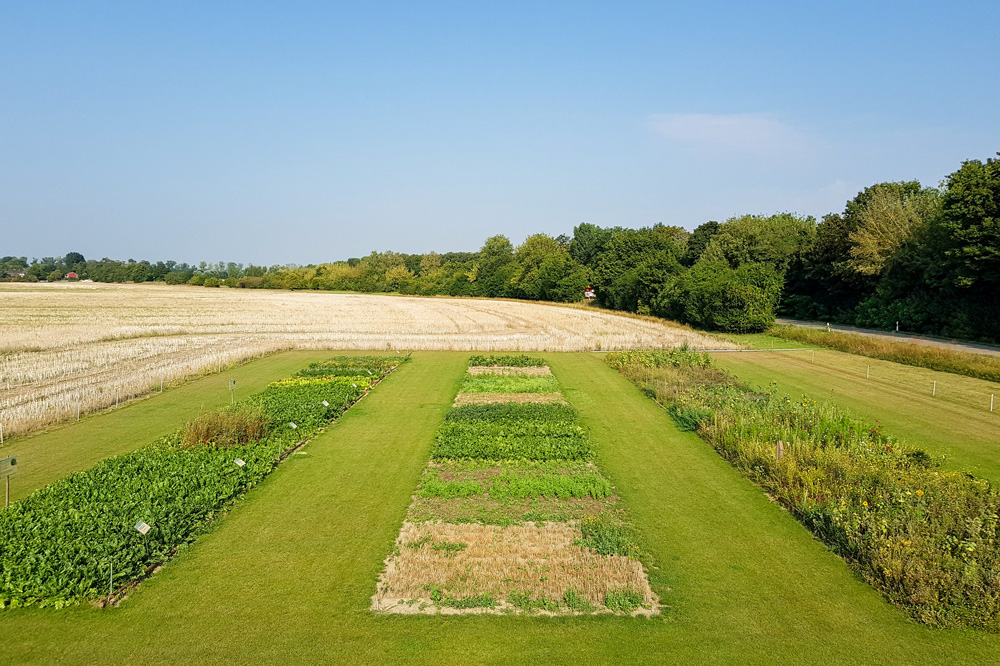
Contact us
Are you interested in our research? Would you like to discuss how we can work together to foster biodiversity? Then contact us today and follow us on LinkedIn. Our experts look forward to working with you and creating added value for the environment, farmers and customers.

